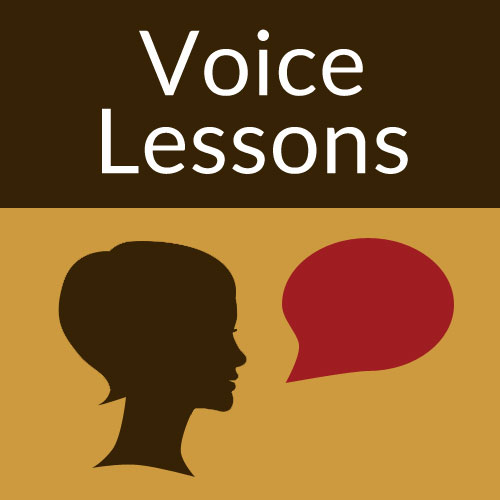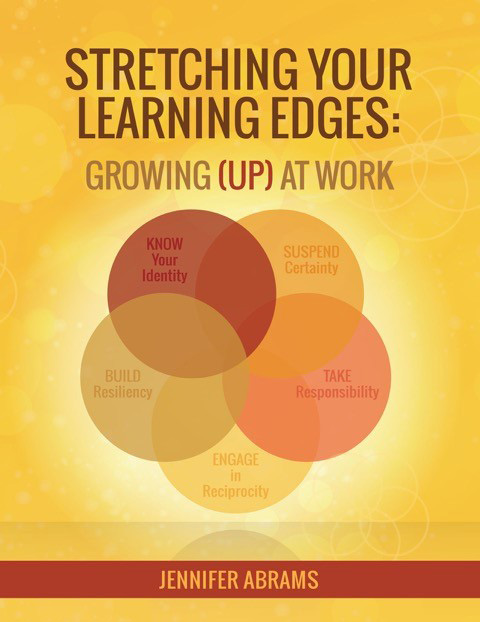Emerging from the Cocoon
April 1, 2021

One of my favorite writers/bloggers, Courtney Martin put out a “12 questions, 12 months in” blog recently, and two of the questions were “What have you learned about your relationship to risk?” and “What have you learned about your relationship to limitations?” Ah, yes. Risk and limitations. Fun topics.
During this time of sheltering in place I was not a risk taker. I didn’t travel. I scanned for vaccine appointments. I double masked. For a woman who left a job with a pension and health insurance and who went out on her own to run a consulting business, I noticed my relationship with risk changed overnight. So this idea of ‘going back into the world’ has me thinking. What do I want to risk once we can return fully to being together?
In February, Harvard Business Review had an article titled WFH is Corroding Our Trust In Each Other. Not being together limited our face to face interactions, our ways of communicating, and it eroded our feelings of trust. When we return person to person full time, we will need to be very intentional in reestablishing trust in our teams and communities.
I, for one, will need a bit of runway when we all get up and running again – just to be around people and to feel all of the energy will be challenging, even for this extrovert. To be in traffic (!) and in rooms abuzz with conversation will take some getting used to. I imagine I will shrink back a bit. I may not be my biggest self for a while. I may become someone who at times is not my most gracious.
Valerie Livesay, an expert in adult development, and an amazing writer on fallback theory, wrote a blog titled Fallback to Spring Forward: Bringing our better selves in times of complexity. She graciously describes the concept of fallback and I resonate deeply with her words. “Fallback is the loss of options, of capacity, of access to feel, to behave, to think at the emotional and psychological level which you are ideally capable.” I have been a bigger self at other times in my life, but I am feeling a bit more vulnerable now. Our lives have been smaller in order for us to make it through this time of sheltering in place. Now it is almost time (!) for all of us to stretch back open. We need to give each other a bit of runway as we come back out into the world to be with each other in person. It will be disorienting. We need to give ourselves and others a bit of grace.
At this time, ask yourself:
- What will help me feel more stable and able to engage more fully? More physical space? A bit of sunlight? Deep breathing before I join together with others?
- Which circumstances am I aware of that going into them will cause me to feel a bit unstable – a little wobbly? How might I prepare myself before I go into them?
- What might I do to keep my center of gravity from being shaken? What will help keep me stay grounded?
- As I create the spaces in which I can be at my best, what do I need to bring? To offer? To provide?
P.S. My newest book, Stretching Your Learning Edges: Growing (Up) at Work, will be out soon – like really, really soon. We can stretch back out into the world together. Stay tuned.
If you have any questions, comments or topic suggestions, please feel free to email me at jennifer@jenniferabrams.com. I look forward to hearing from you.
Cool Resources
Trust Your Canary: Every Leader’s Guide to Taming Workplace Incivility
“Never before have managers been under such pressure to juggle the responsibilities of leading their teams to high performance and simultaneously responding to ever-increasing demands to maintain a psychologically safe work environment. In Trust Your Canary, popular speaker, consultant and writer Sharone Bar-David inspires managers to confidently identify, prevent and tame workplace incivility.”
Why We Act: Turning Bystanders into Moral Rebels
“We are bombarded every day by reports of bad behavior, from sexual harassment to political corruption and bullying belligerence. It’s tempting to blame evil acts on evil people, but that leaves the rest us off the hook. Silence, after all, can perpetuate cruelty. Why We Act draws on the latest developments in psychology and neuroscience to tackle an urgent question: Why do so many of us fail to intervene when we’re needed―and what would it take to make us step up?”
The Value of Your Humanity in an Automated Future
“In this surprisingly comforting talk, tech journalist Kevin Roose makes the case that rather than trying to compete with the machines, we should instead focus on what makes us uniquely human.”

